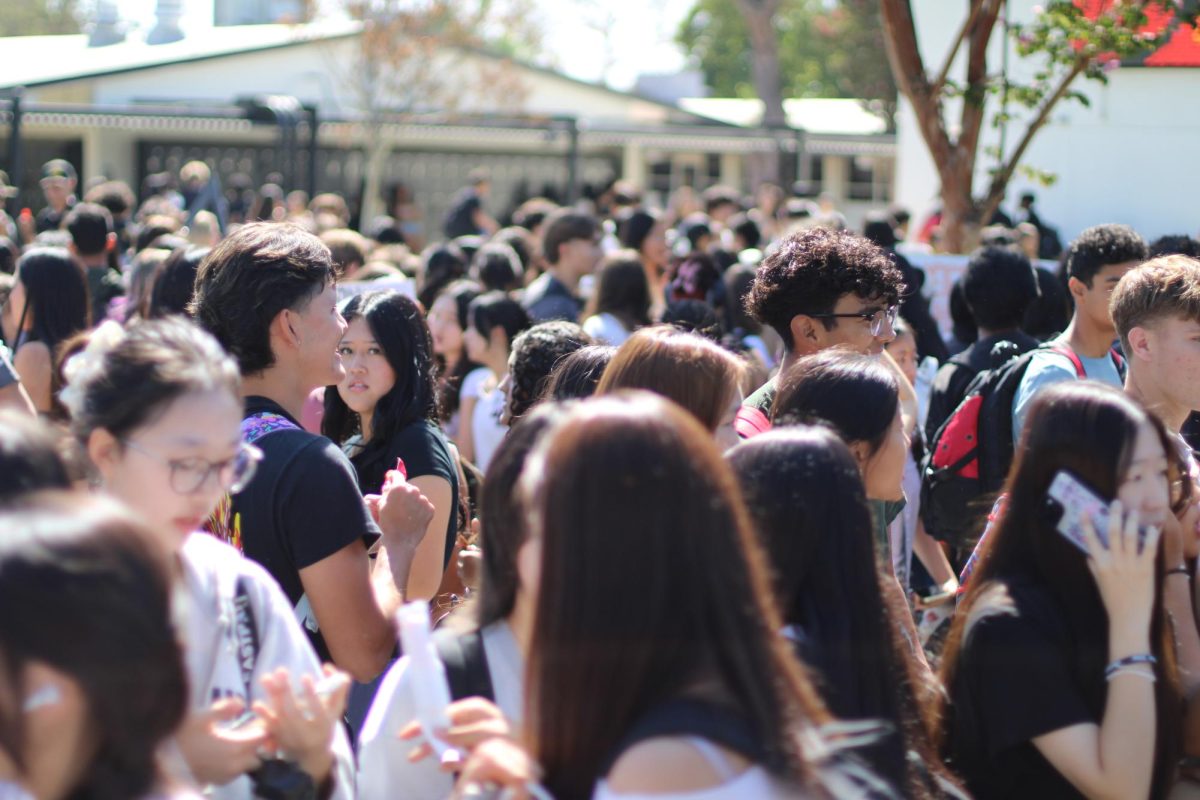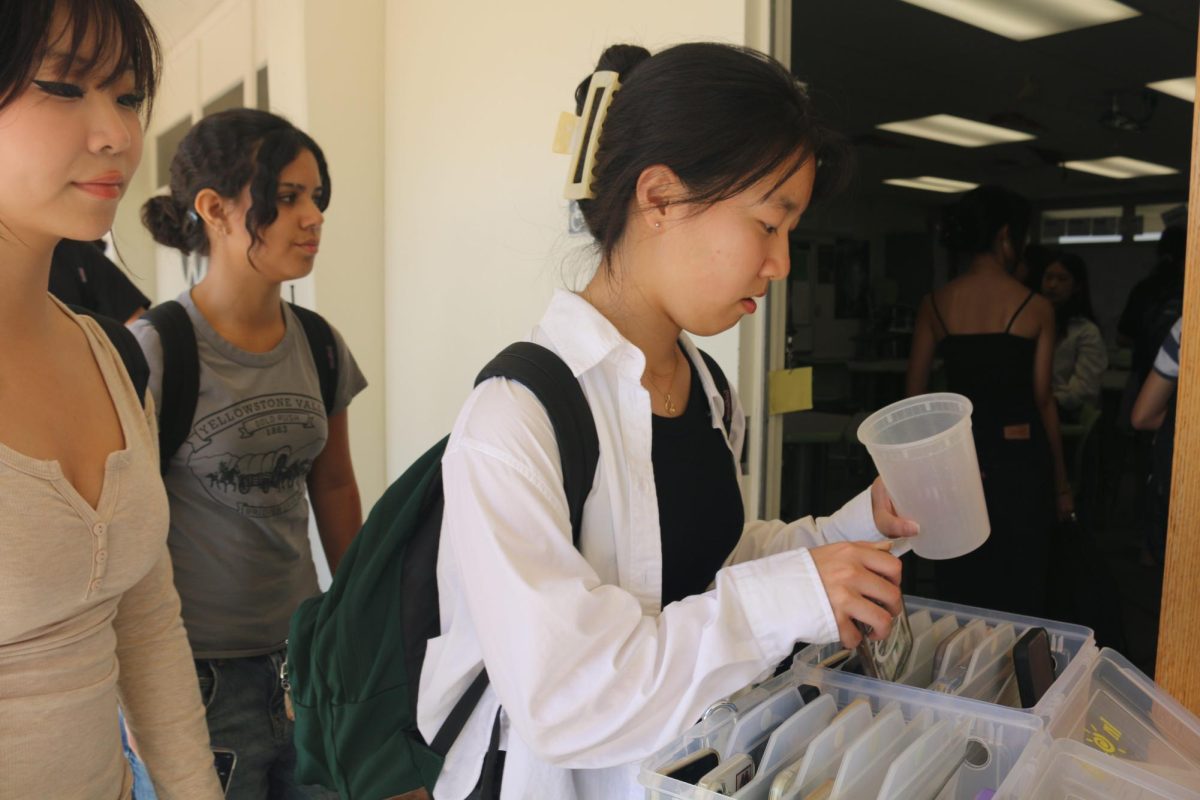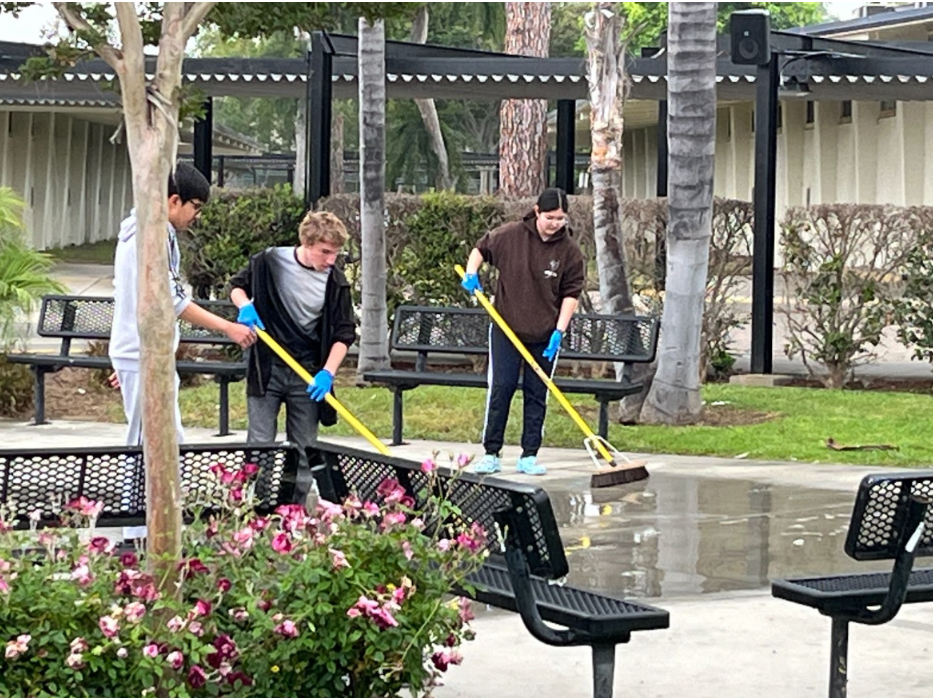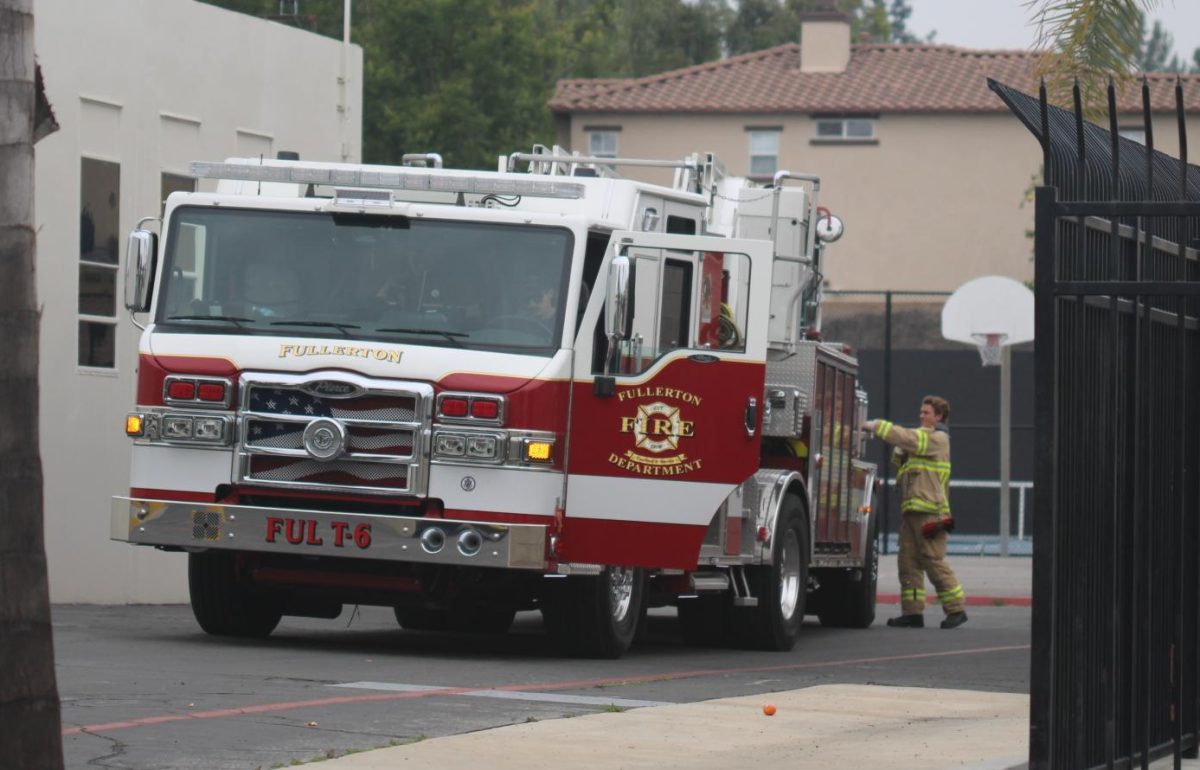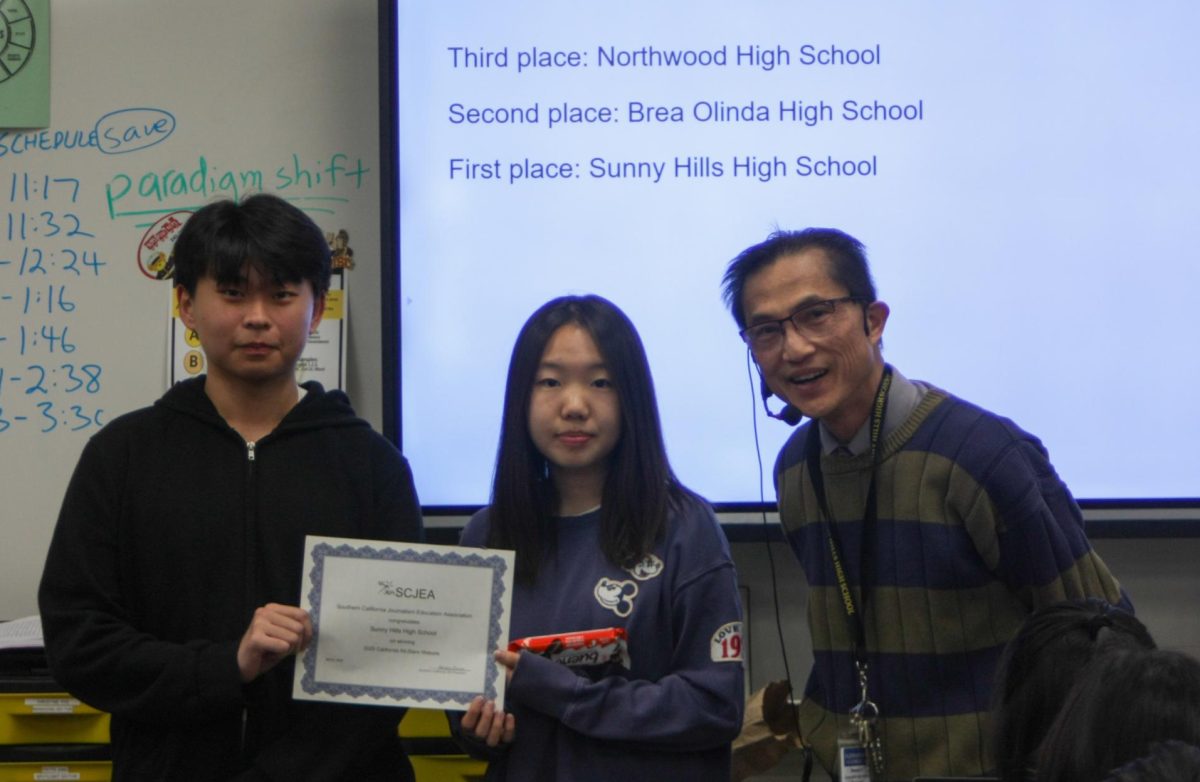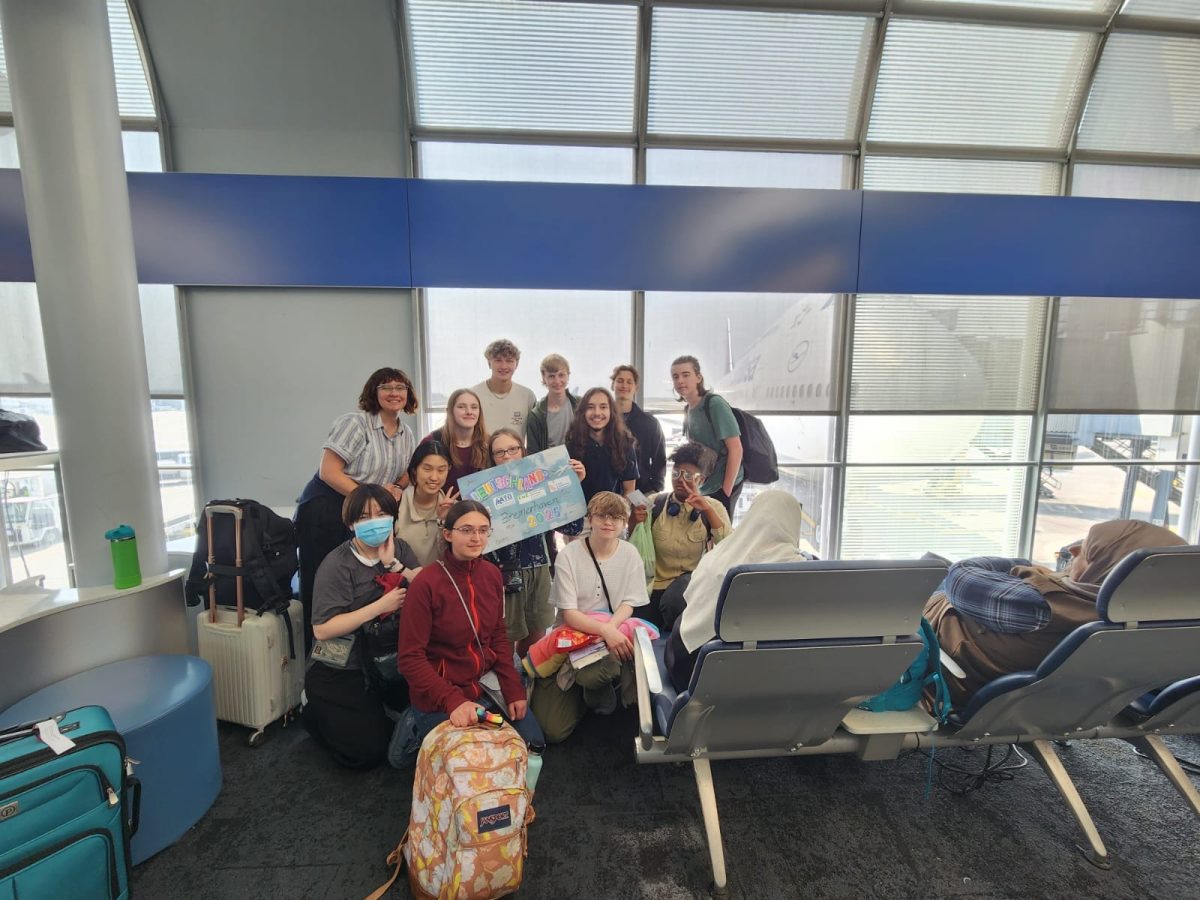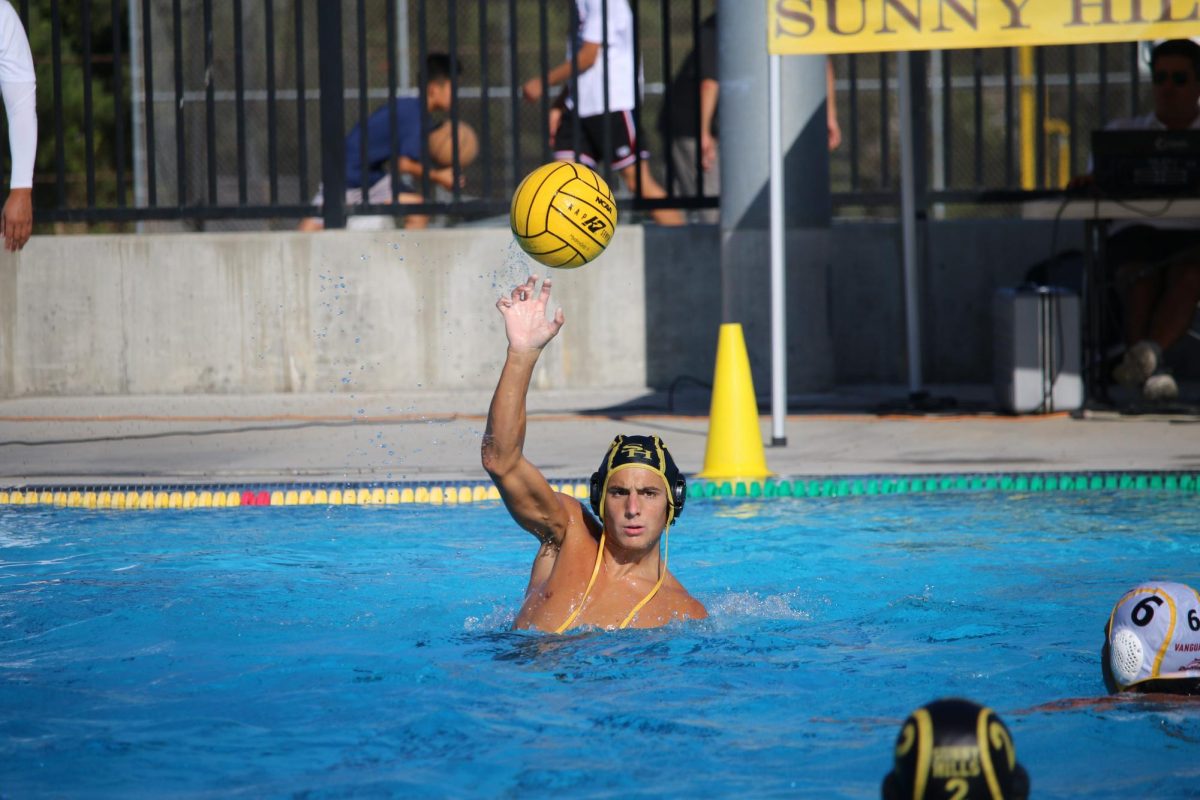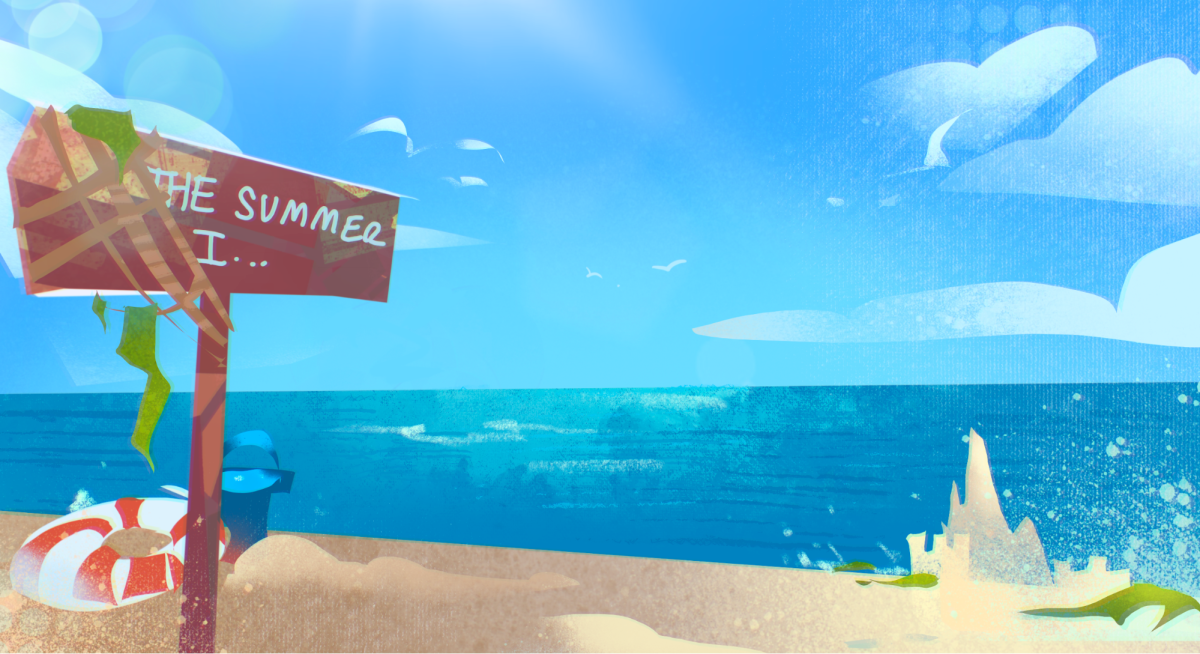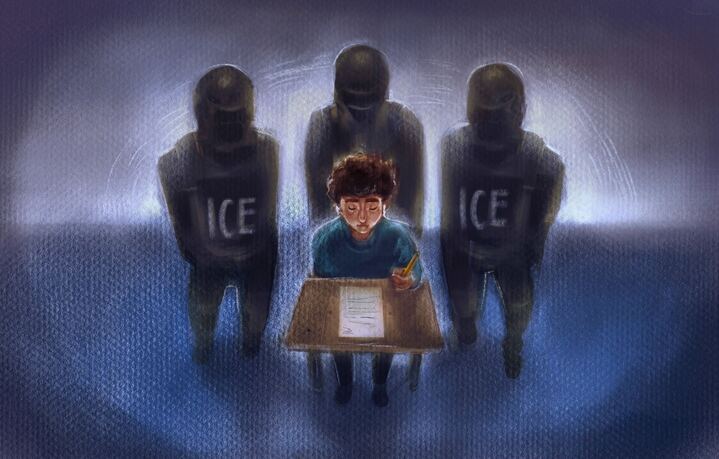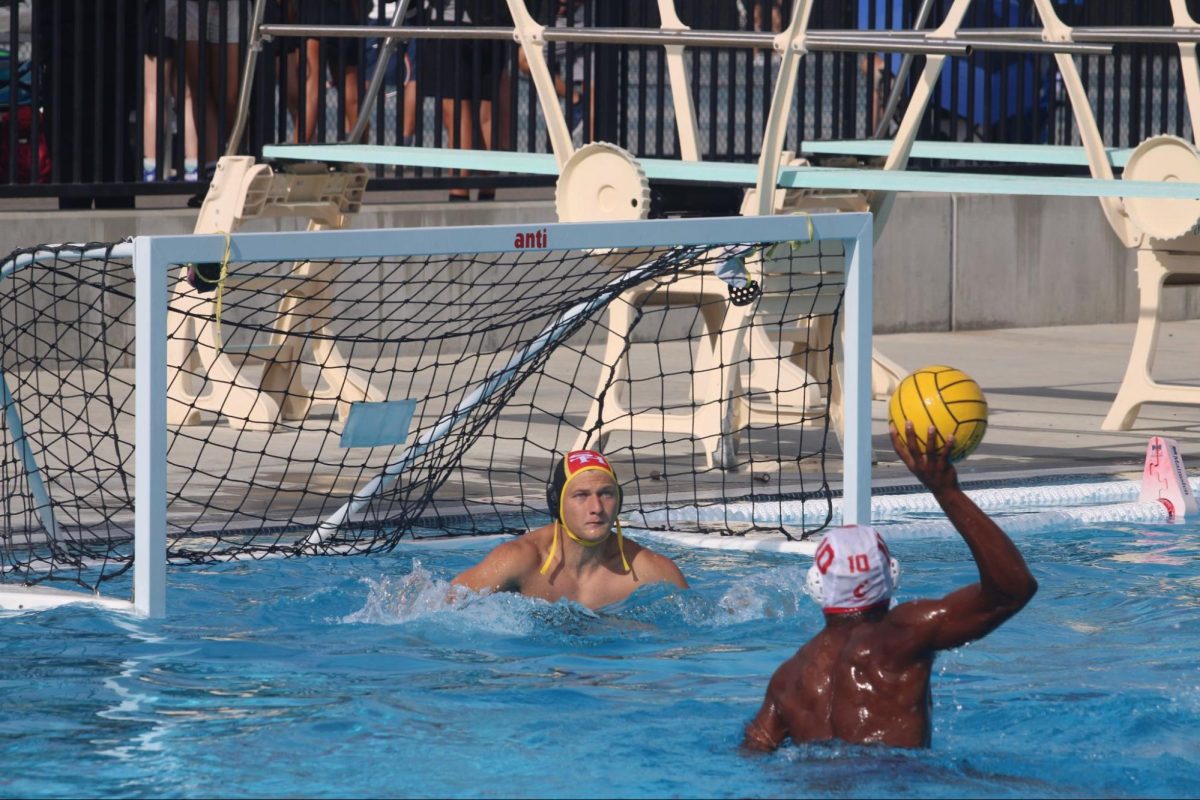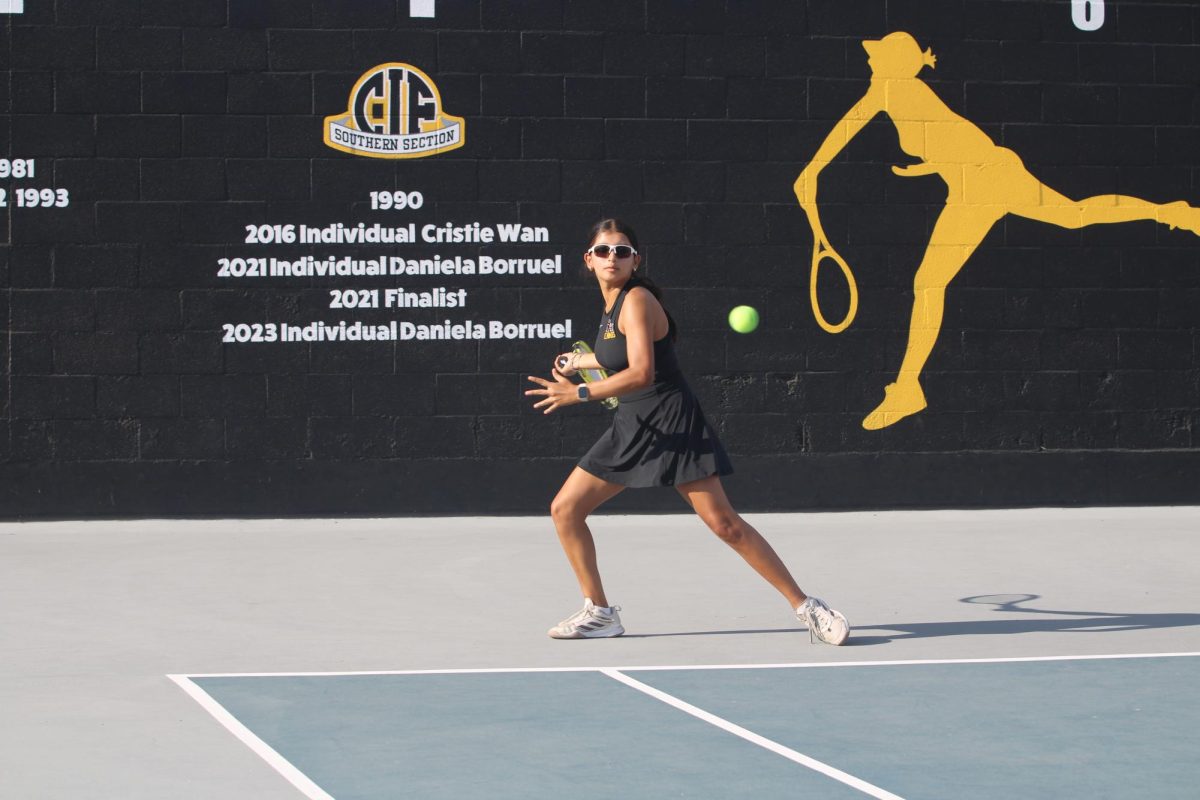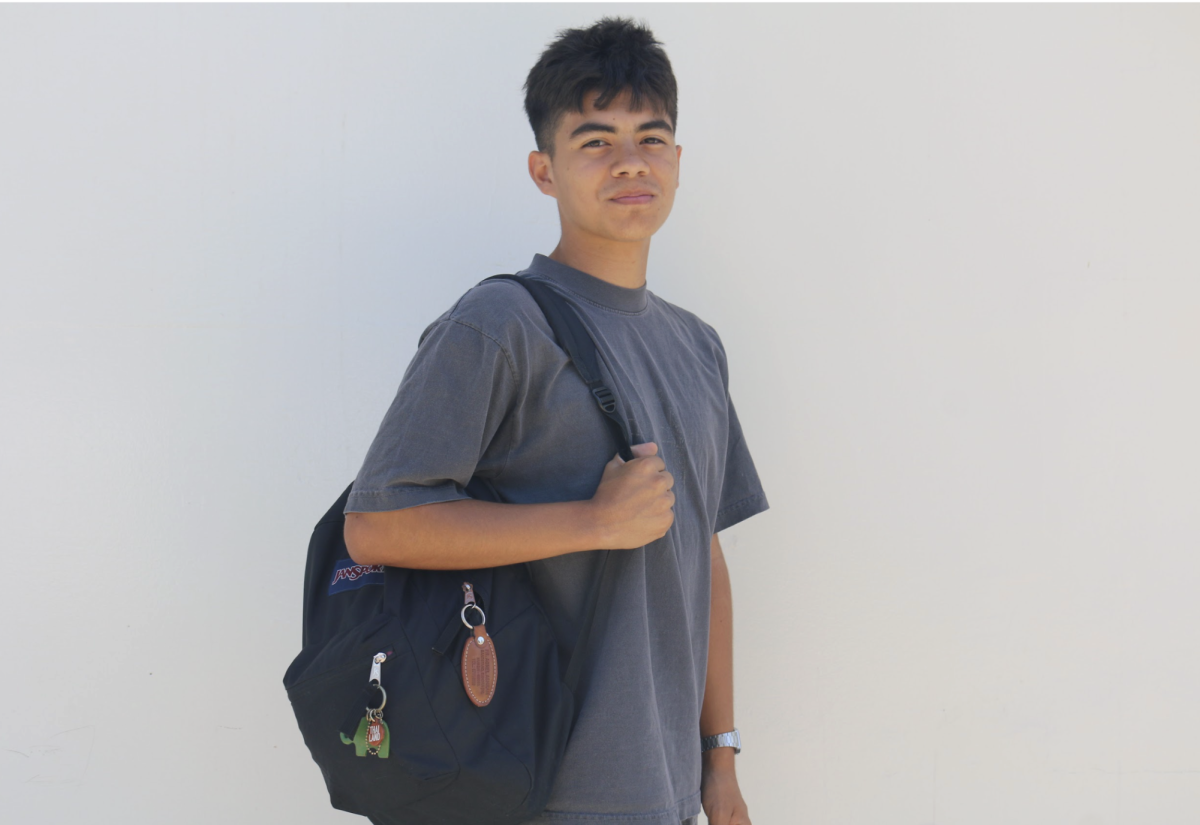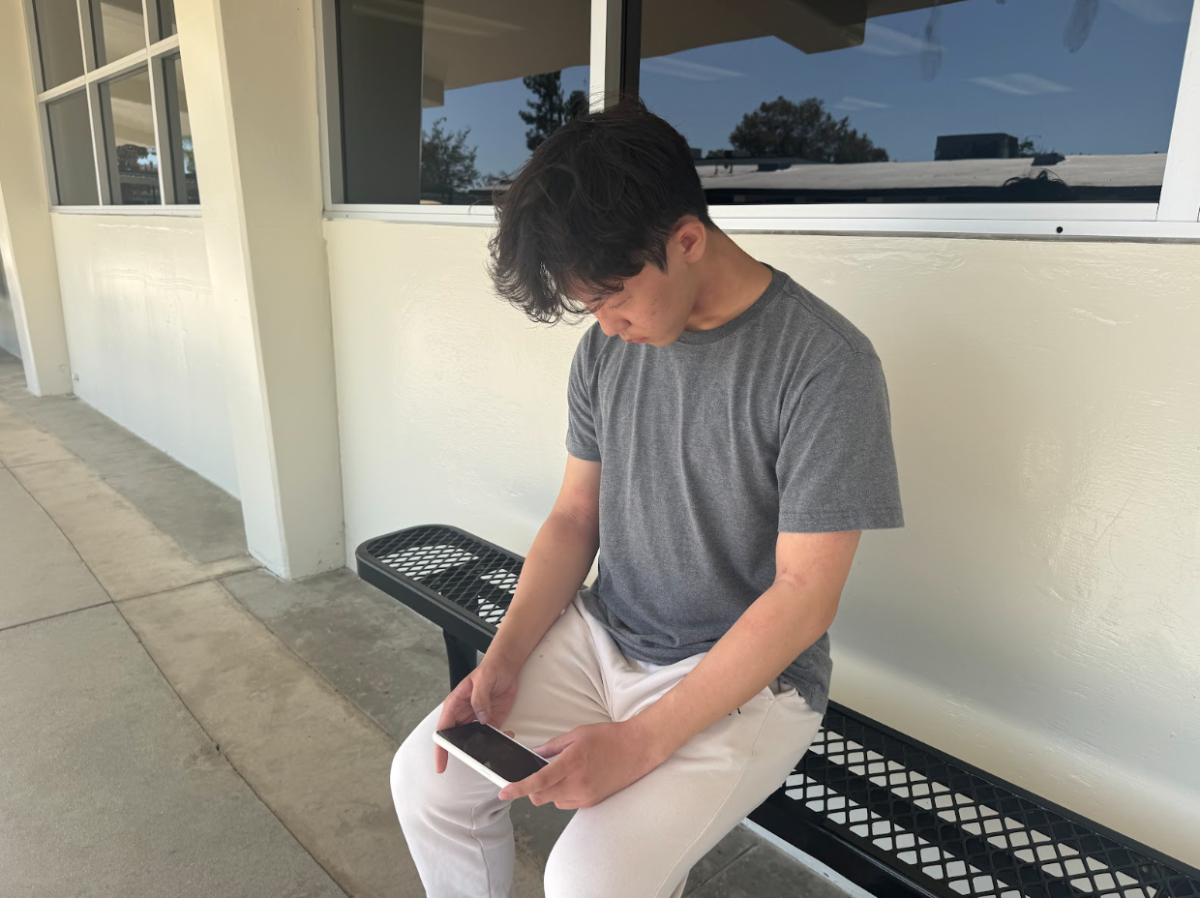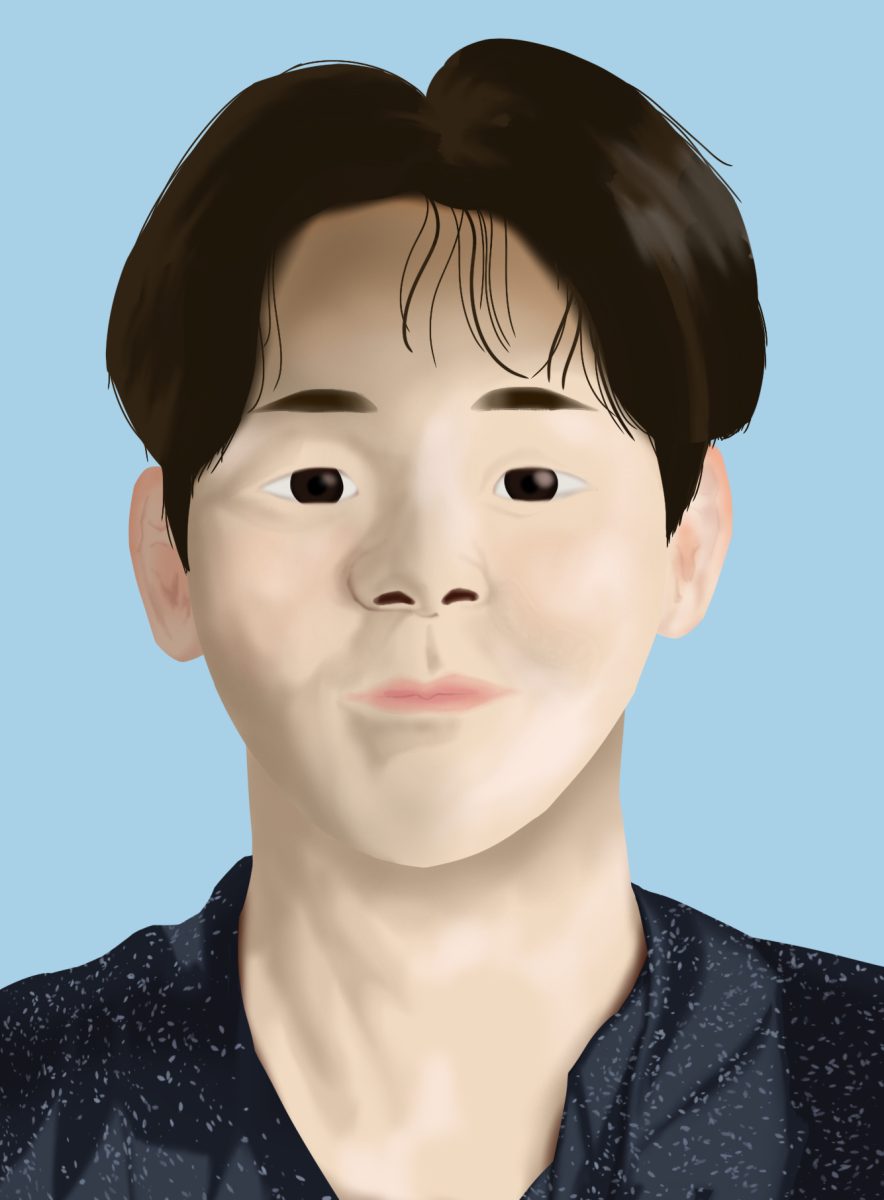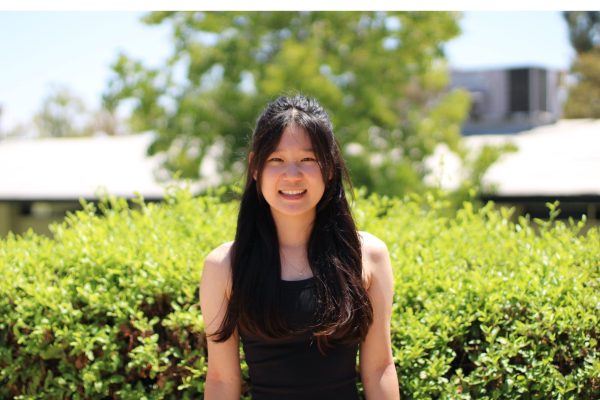Survivor.
It’s the term used by Chapman University’s Annual Holocaust Art and Writing Contest to describe those who lived through the events of the Holocaust.
And for sophomore Janiny Maldonado, she selected the survivor testimony of Elly Kam, which she connected with her great-grandmother’s experiences during the Mexican Cristero War in 1926.
Her essay, “Carrying What Matters,” discusses how both overcame great difficulties through their hope and perseverance, using anecdotes from the testimony with her knowledge of her great-grandmother’s past..
“My main inspiration was hearing Elly Kam’s story and how she fought for freedom and survival,” Maldonado said. “Hearing what Elly Kamm had to go through and how she lost her family was the most impactful.”
The sophomore’s entry in the Prose category went on to win first place, awarding her $400 and also an opportunity to attend an all-expense-paid study trip on Monday-Friday, June 23-27, to visit various sites in Los Angeles and meet members of The 1939 Society, Holocaust survivors, descendants and friends.
Maldonado also had the opportunity to read her winning essay aloud during the awards ceremony on Friday, March 14, to an audience that included Holocaust survivors and their descendants, as well as other contest participants.
The entry was a part of a regular assignment in English 2 Honors teacher Christina Zubko’s class, in which she has her students write based on a prompt for Chapman University’s Annual Holocaust Art & Writing Contest.
Students must review a survivor’s testimony and then select a word, phrase or sentence that specifically responds to the prompt: What do you bring when you don’t know where you are going?
Once the essays are written, multiple English teachers participate in an internal judging pool, and the top three essays are selected after reviewing the essay rubric and discussing.
As the only teacher competing this year, Zubko said she gets the final say about the final essays and then works with the students one-on-one to make some final adjustments.
“Sometimes, maybe they worded a sentence funny, but it’s not enough to take them out of the running,” the English teacher said. “So then it’s just, ‘Let’s work on a couple of words here and there,’ so we work on those and then we submit them to Chaman by the deadline.”
This year’s win is the second in a row for Zubko’s students, following junior Norah Chowdhury, who wrote “Storyteller,” which is also available on Chapman University’s contest website, along with another win back in 2022.
“[The essays] seem to be getting better and better because one of the criteria on the rubric is that it has to be dynamic, which, the way I interpret it, is that they have to take an approach that’s never been done before,” Zubko said. “It’s like students keep pushing it further and finding ways to make it better and better.”
Zubko is one of the English teachers who has their students participate in the contest by making it a required assignment; she said she originally learned about the contest through English teacher Scott Rosenkranz, who has also had students place in the past.
Junior Ayden Lee, who had Rosenkranz for his sophomore English 2 Honors class, said that the Holocaust essay was an interesting experience.
“I learned about the many difficult choices that the people of the Holocaust made and the perspective of each testimony that I read,” Lee said. “This assignment cemented the seriousness of the event through the genuine perspectives of survivors.”
Though Maldonado can’t go on the trip because of a soccer tournament that couldn’t be rescheduled, the sophomore said she learned a lot by learning about her survivor’s story and writing an essay on it.
“I want my essay to be looked at as something powerful, and how there’s always hope in whatever difficult circumstances are happening,” she said. “I also want this to be a warning to never let anything like the Holocaust happen again.”




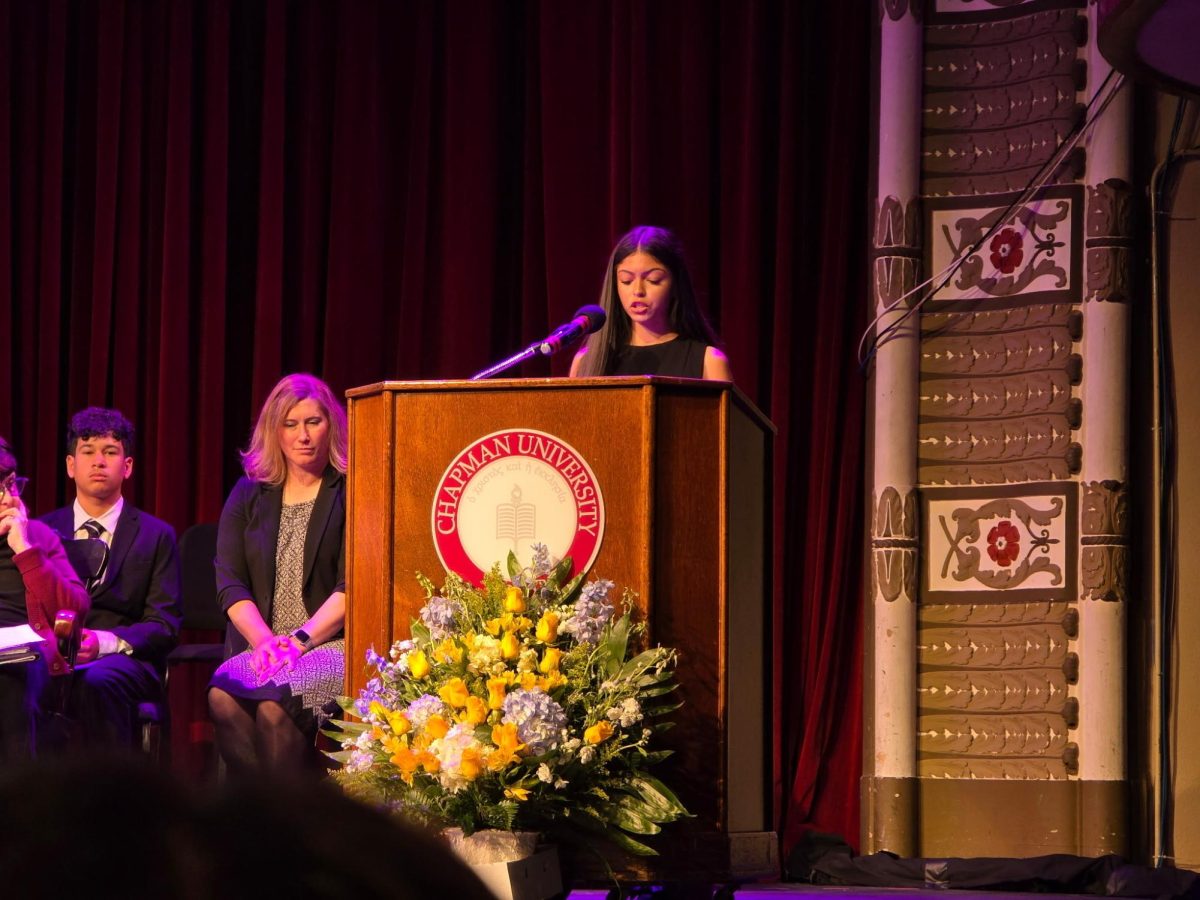
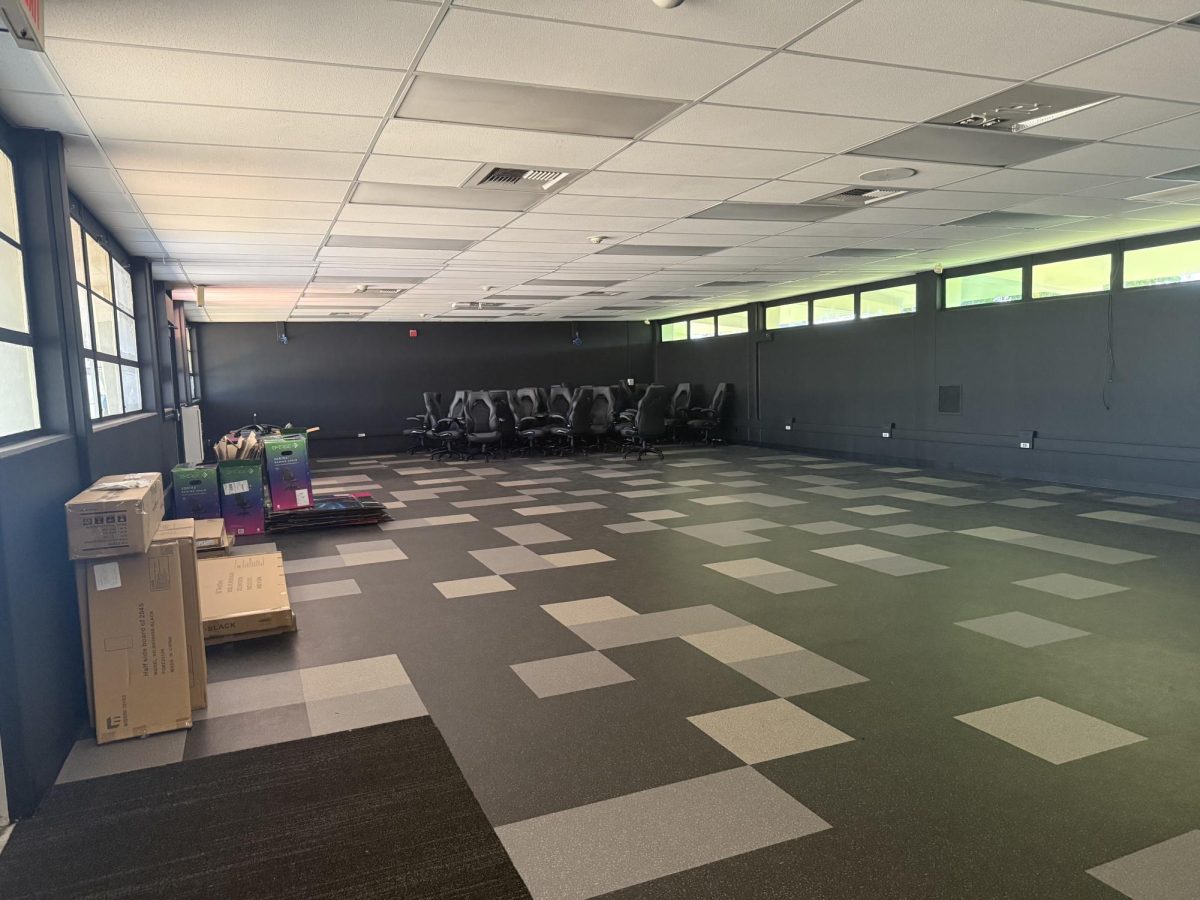
![Students and staff across the Fullerton Joint Union High School District [FJUHSD] received emails promoting a part time job offer with pay. The messages were set from compromised FJUHSD accounts.](https://shhsaccolade.com/wp-content/uploads/2025/09/image1-2-1200x527.png)
